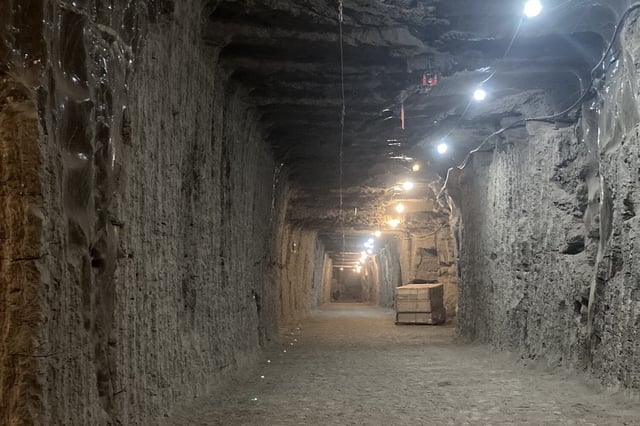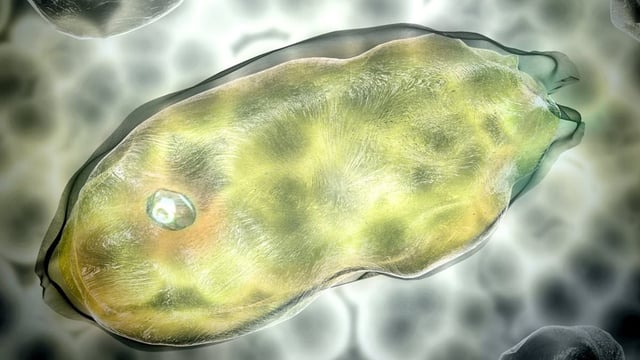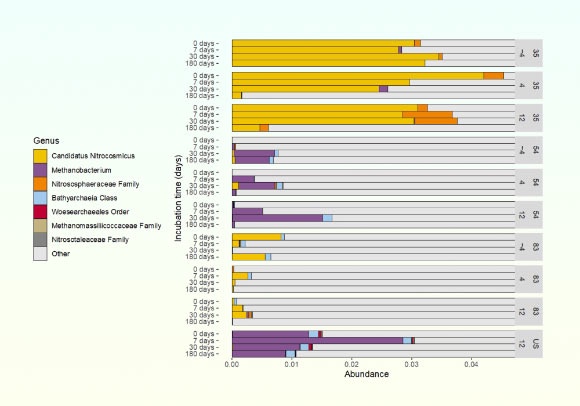Overview
- CU Boulder–led researchers resuscitated microbes up to roughly 40,000 years old from Alaska’s Permafrost Research Tunnel near Fairbanks.
- Incubations at 4°C and 12°C using deuterium-labeled water allowed the team to trace microbial metabolism under simulated summer conditions.
- Initial growth was extremely slow—about one in 100,000 cells replaced per day—before communities shifted by six months and produced visible biofilms.
- Warmer incubation offered little early advantage, indicating greenhouse gas emissions from thawed soils may surge only after extended warm periods.
- The peer-reviewed findings, published September 23 in JGR Biogeosciences, relied on sealed containment and a single-site sample set, with the authors judging human infection risk unlikely.



